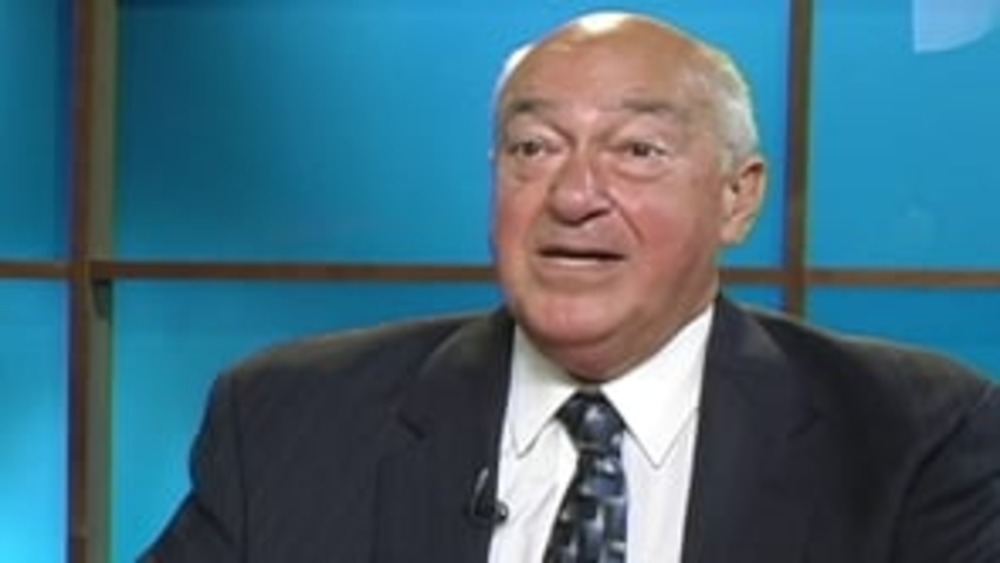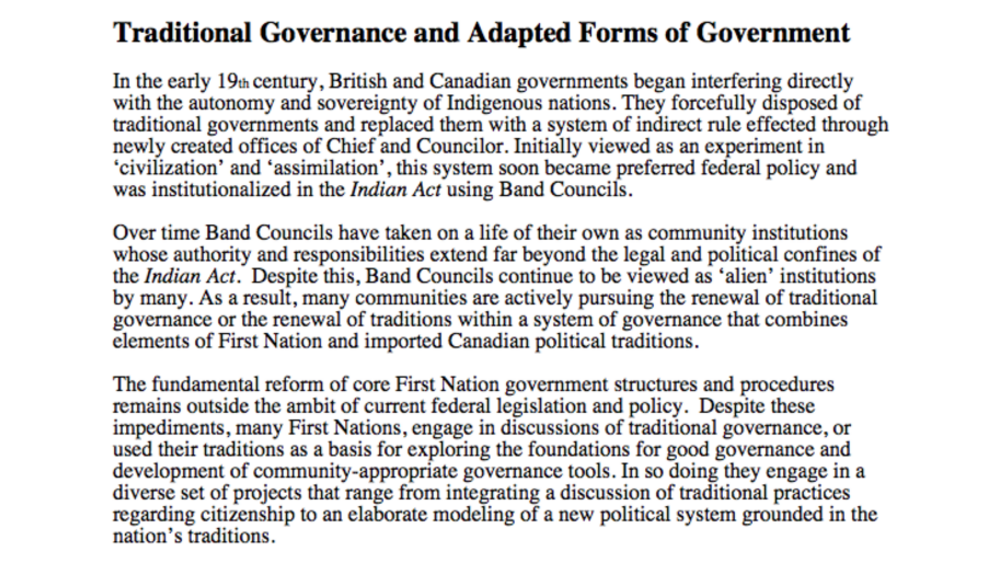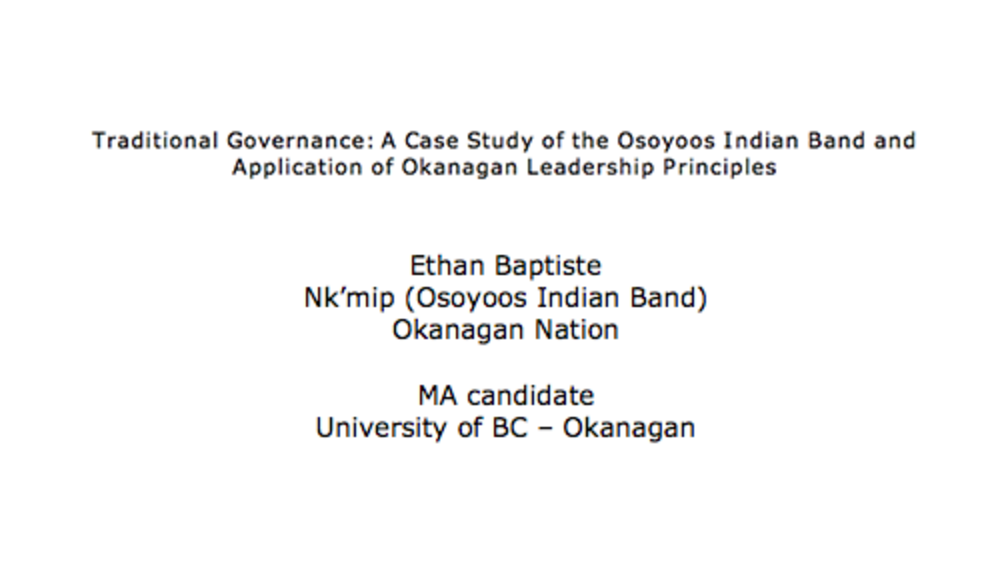Harvard Project on American Indian Economic Development Co-Director Stephen Cornell differentiates between the challenge that Native nations face in having their rights of self-determination recognized and the governance challenge that they face once those rights are recognized.
Additional Information
Cornell, Stephen. "The Governance Challenge." Native Nations Institute for Leadership, Management, and Policy. University of Arizona. Tucson, Arizona. 2011. Lecture.
Transcript
"And it does involve some different kinds of activities it’s very different from the fight for self-determination. For one thing, it’s not about claiming rights its about what you do with them once you have them. What do you make of those rights? What do you use them for? It has a lot less to do with the rights that you want than with what kind of nation or community you want to be. Let's say you were pursuing rights to control wildlife rights or natural resources within your borders, once you have that right then you’ve got to decide, 'Okay, how do we manage that wildlife and we’ve got to do it, no outside agency is going to be doing it anymore, we’ve got to start to make those decisions. How do we deal with the people who want to extract our natural resources? What process do we have for managing that?' If you have won the right to control what has happens to children going into foster care in your community, once you’ve got that right, then you’ve got to think about, 'Wait a minute, now we need a welfare system, a foster care system, a social service system that can deal with that, that can exercise that right effectively. And you answer those kinds of questions partly in terms of what kinds of nation or community do we want to be? So it’s a very different question. It has less to do with what other governments do, which is what the whole self-determination struggle is all about, it's about persuading other governments to recognize your rights, it's about changes they need to make, but once they’ve made those changes, suddenly the story is about what you do instead of what they do. Now the responsibility rests on you, and that’s a different set of burdens to carry. And finally, while the self-determination struggle tends to have an end point -- you either win those rights or us lose them -- the court makes the decision, the Supreme Court or the high court or who ever it is in the country you're in speaks or you're defending those rights that you have established because somebody is attacking them, but the governance challenge is an ongoing constant task. It doesn’t have any ending. It's something that you have to do all the time and you have to get good at it. So this is a very different set of activities from what we generally think of that are going on around self-determination."



